West Columbia Water Heater Myths Debunked
Learn the truth about water heater myths by exploring our informative guide. As a homeowner, it's common to encounter misinformation. Let us help clear up any confusion and provide valuable insights. You might be surprised by what you learn.

Myth #1: They last forever
Water heaters do not last forever, even though most people think they do. Factors that can impact their lifespan include usage, maintenance, and quality. Usually, a water heater will work well for 8 to 12 years. Failing to replace an old system early can result in costly repairs and water damage to your home. Therefore, it is recommended that you explore replacement options as soon as your water heater nears the end of its lifespan, to avoid these unwanted scenarios.


Myth #2: All water heaters are the same
When choosing a water heater, it is important to recognize that not all units are the same in terms of size, shape, color, and efficiency. To make the right decision, consider your hot water demands, the required time to heat it, and potential energy savings. In fact, by selecting an appropriate water heater, energy costs can be reduced by hundreds of dollars. Avoid the myth that all water heaters are equal and make an informed choice that will provide consistent hot water and save you money.

Myth #3: A bigger tank means more hot water
When choosing a hot water tank, it's a common mistake to think that a bigger tank will provide more hot water. While it can hold more water, bigger tanks can also lead to energy wastage and higher bills, without actually generating extra hot water. On the other hand, selecting a tank that meets the hot water needs of your household can help ensure cost-effective maintenance. It's necessary to strike a balance between tank size and demand in order to make an informed decision. Choose a tank that caters to your family's needs, not just based on capacity.
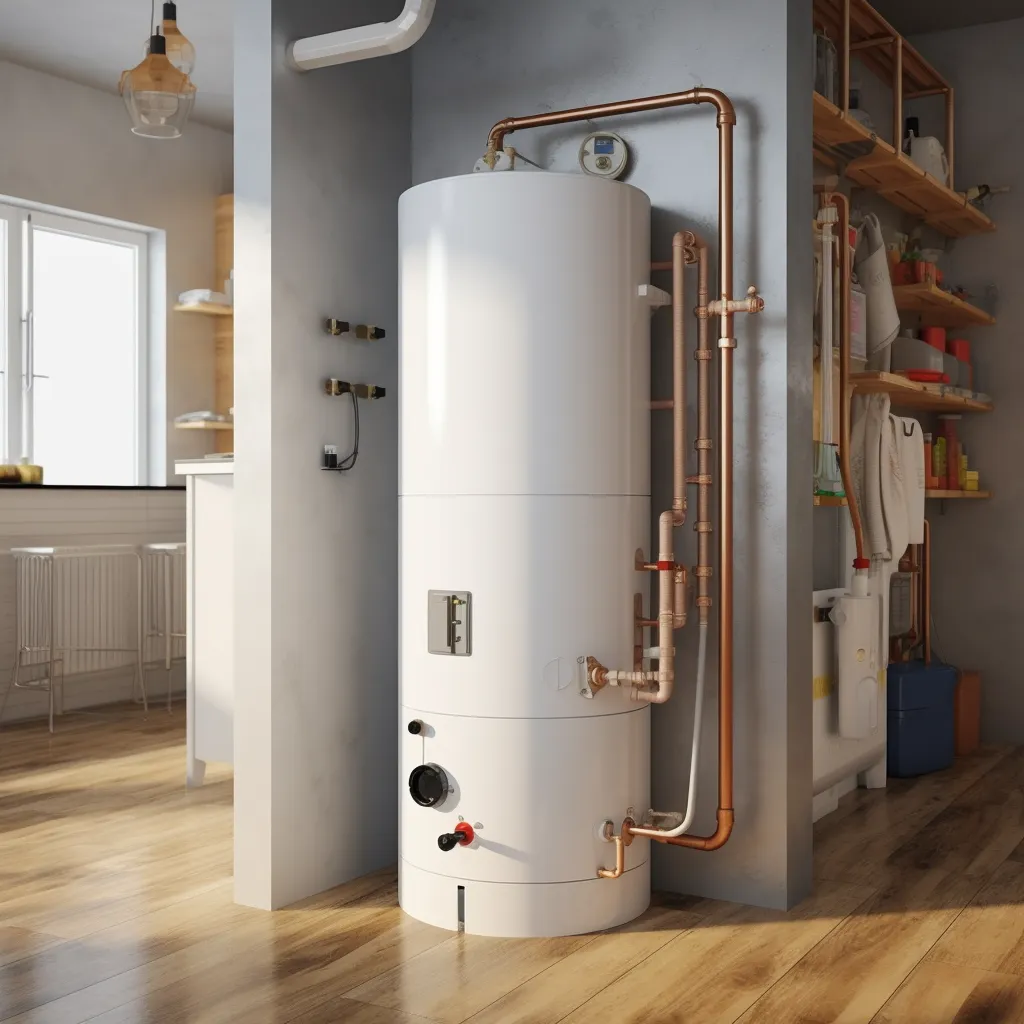
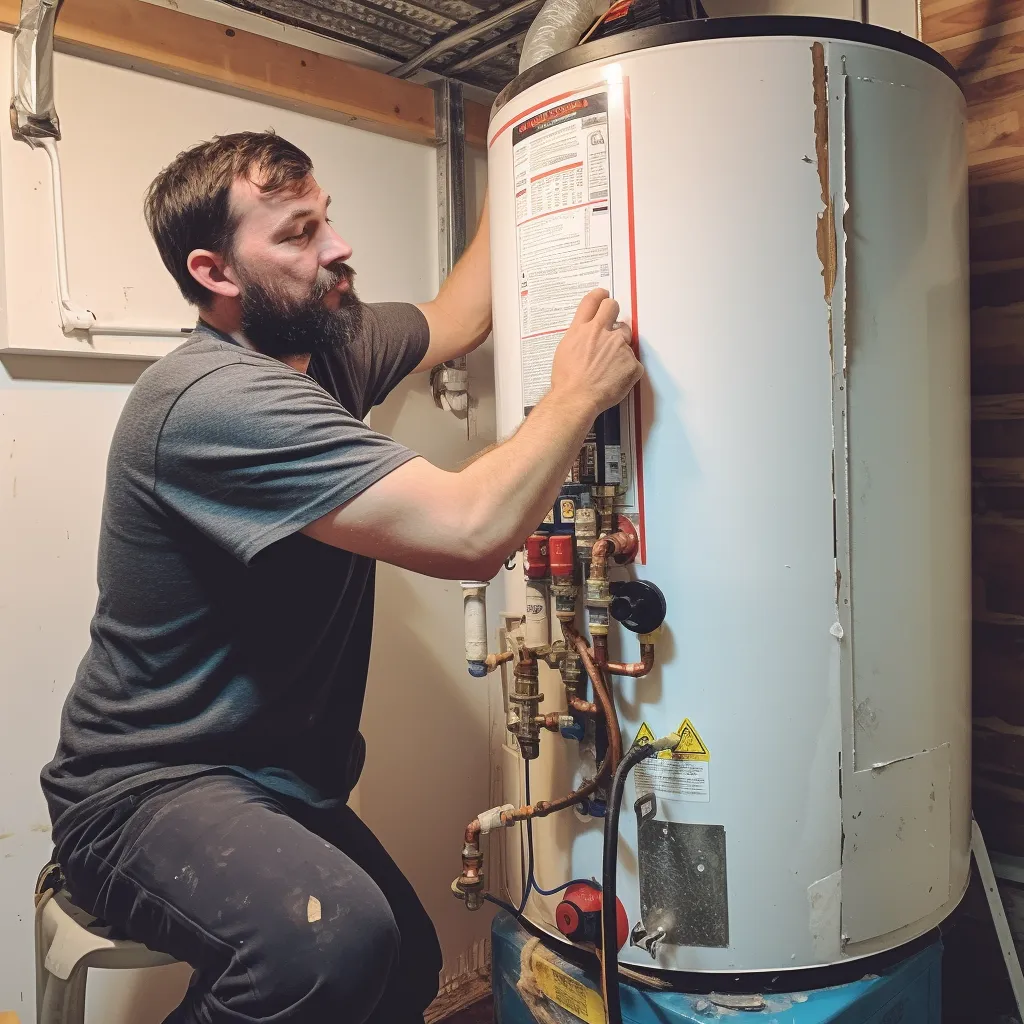
Myth #4: You can repair or replace a hot water heater yourself
When you face hot water heater problems, prompt repairs are crucial. However, fixing it yourself may complicate the issue or even cause injury. It's advisable to reach out to professional water heater repair technicians with the expertise to handle any concerns effectively. Entrusting professionals is a prudent decisiofn that will not only circumvent rising repair costs but also foster peace of mind.
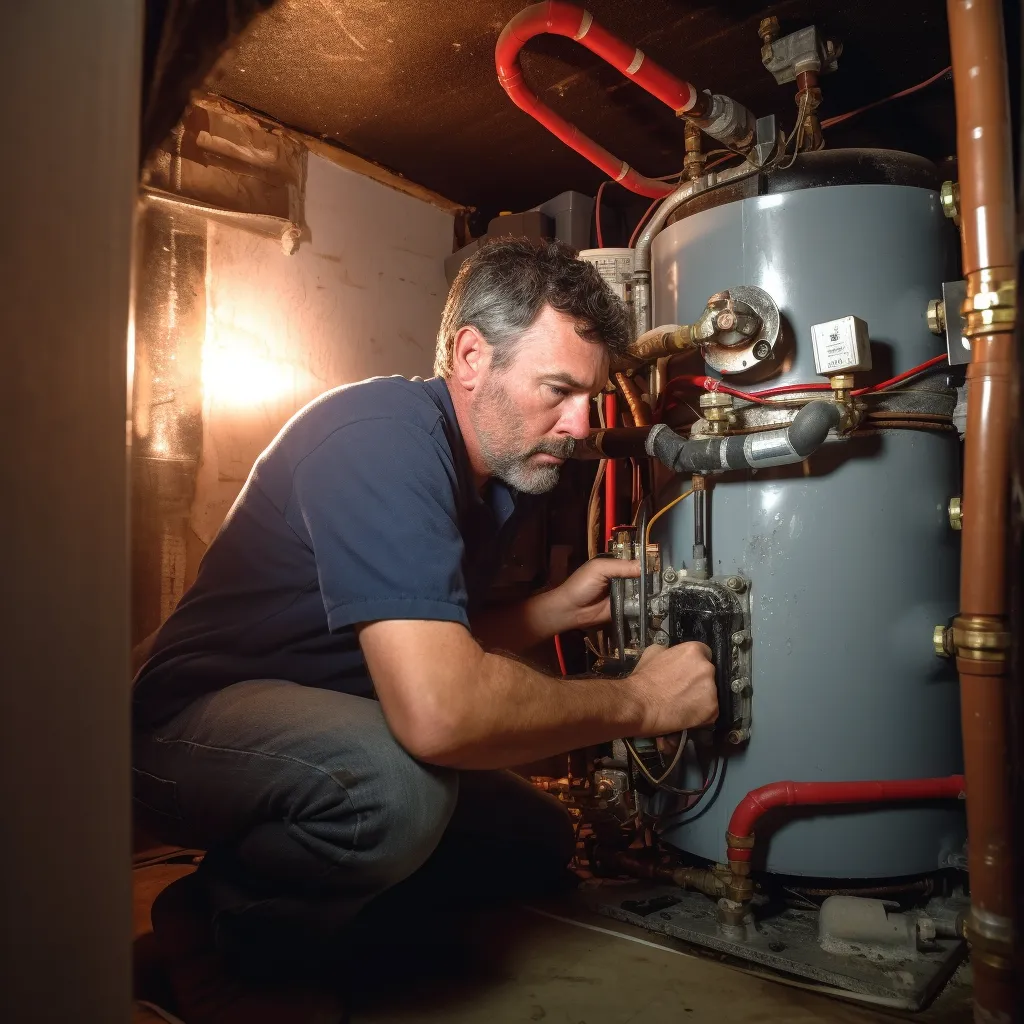
Myth #5: Your water heater doesn't need to be flushed
To maintain the performance and longevity of your water heater, it's essential that you flush it. Although there's a popular misconception that this isn't necessary, sediment can accumulate inside the tank, causing it to malfunction or work harder. Prevent sediment buildup by flushing it regularly to ensure that it runs efficiently. As a result, you'll save money in the long run and never be left without hot water. Prioritize flushing your water heater and don't believe the myth that it's unnecessary!
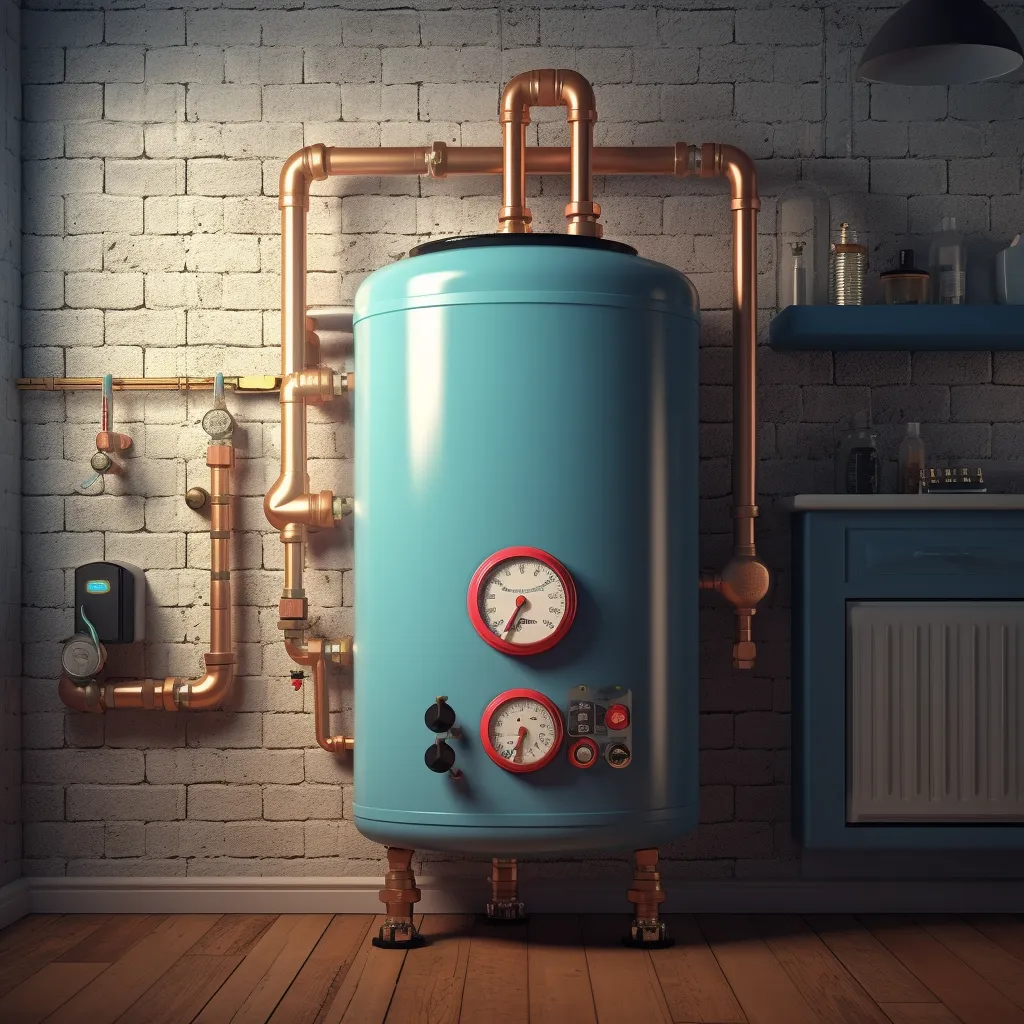

Myth #6: Keeping an outdated water heater saves money
It is a common misconception to keep an outdated hot water heater to save money as it can actually increase your energy bills. Older models are more likely to be prone to inefficiencies and costly repairs, resulting in a higher overall expense than purchasing a new, updated model. Swapping out your old hot water heater with a reliable, energy-efficient one is a wise move that can lead to savings while improving energy efficiency in your home.
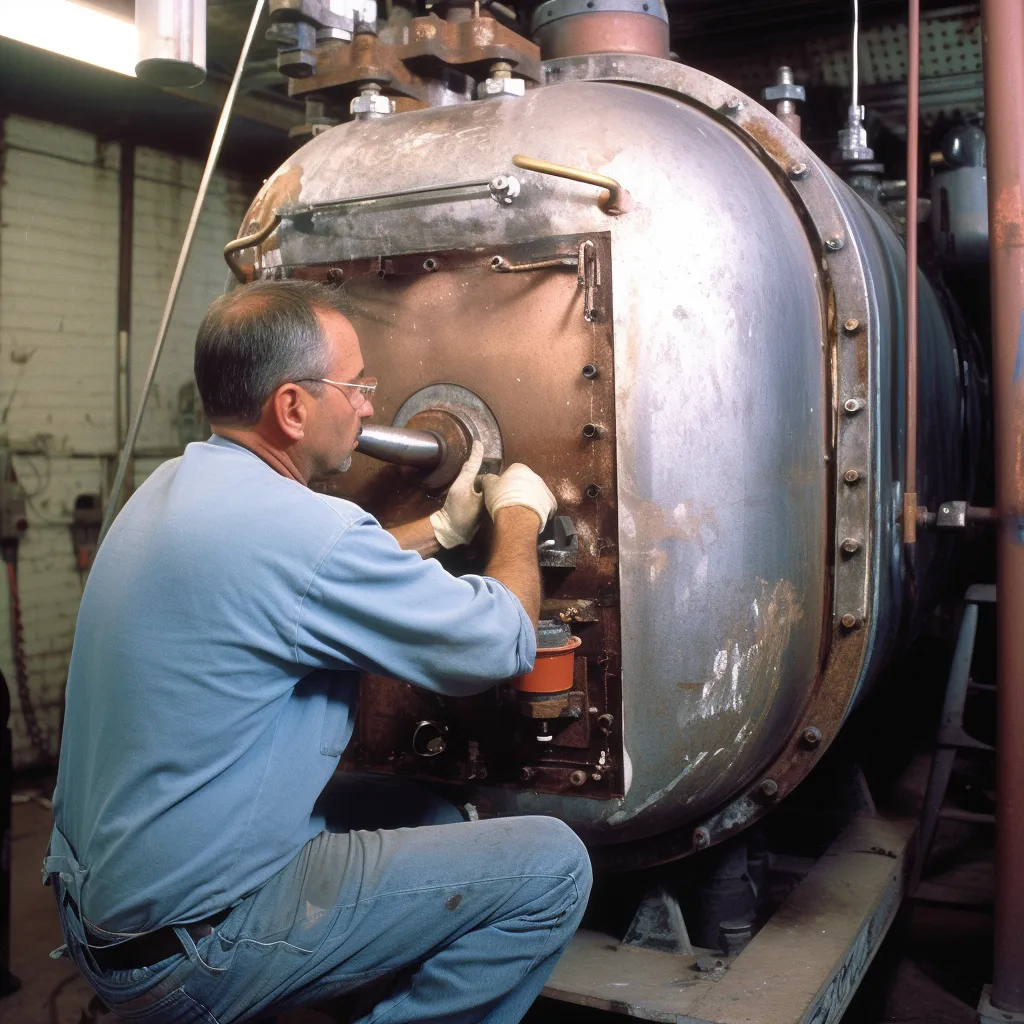
Myth #7: A bigger water tank is more energy efficient
Saving money on energy bills with your water heater requires more than a bigger tank. Despite common belief, a larger tank doesn't always improve efficiency. Improper maintenance or insulation can actually increase tank size requirements and overall heating costs. Choose a water tank based on your specific needs to maximize energy efficiency. Be wary of opting for a bigger tank when only a small amount of hot water is used daily, as this can lead to inefficiency and higher energy consumption. Reducing energy costs is achievable through proper maintenance, without requiring a larger tank upgrade.
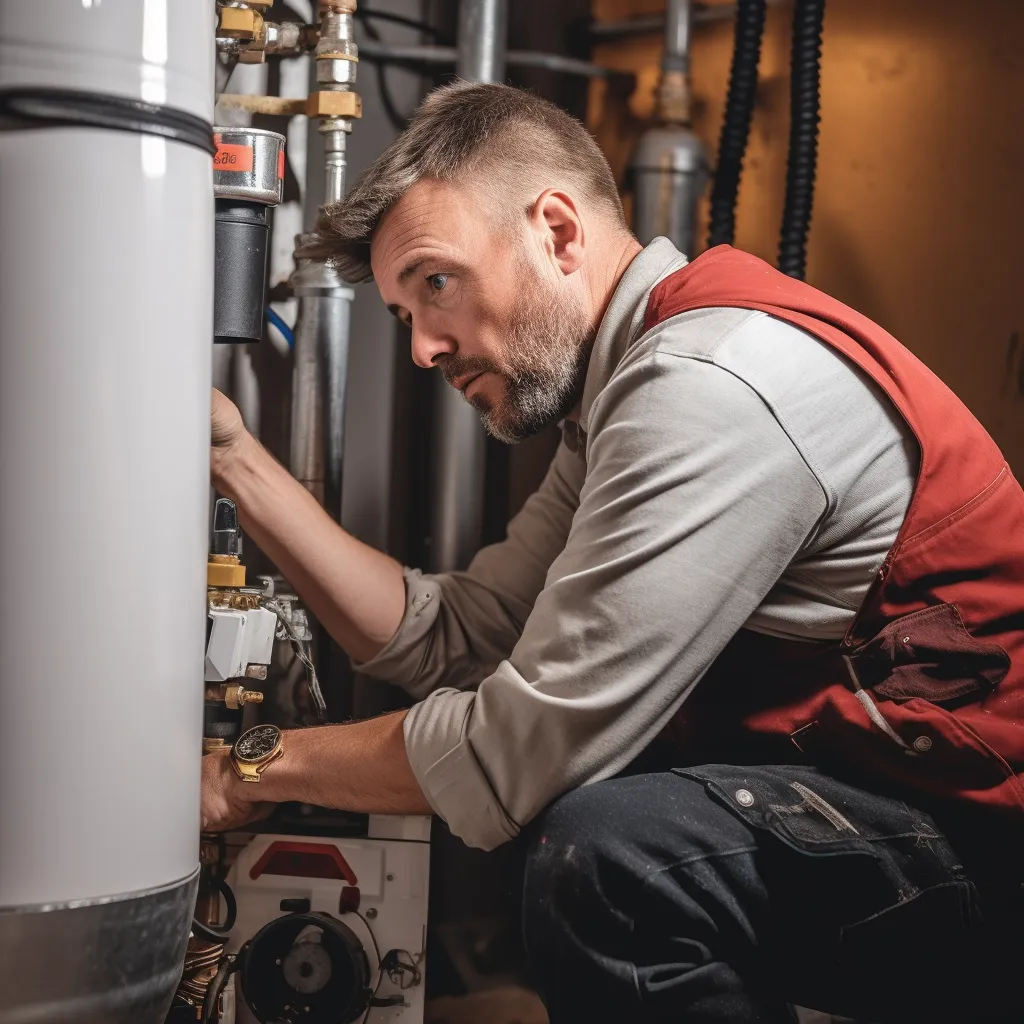
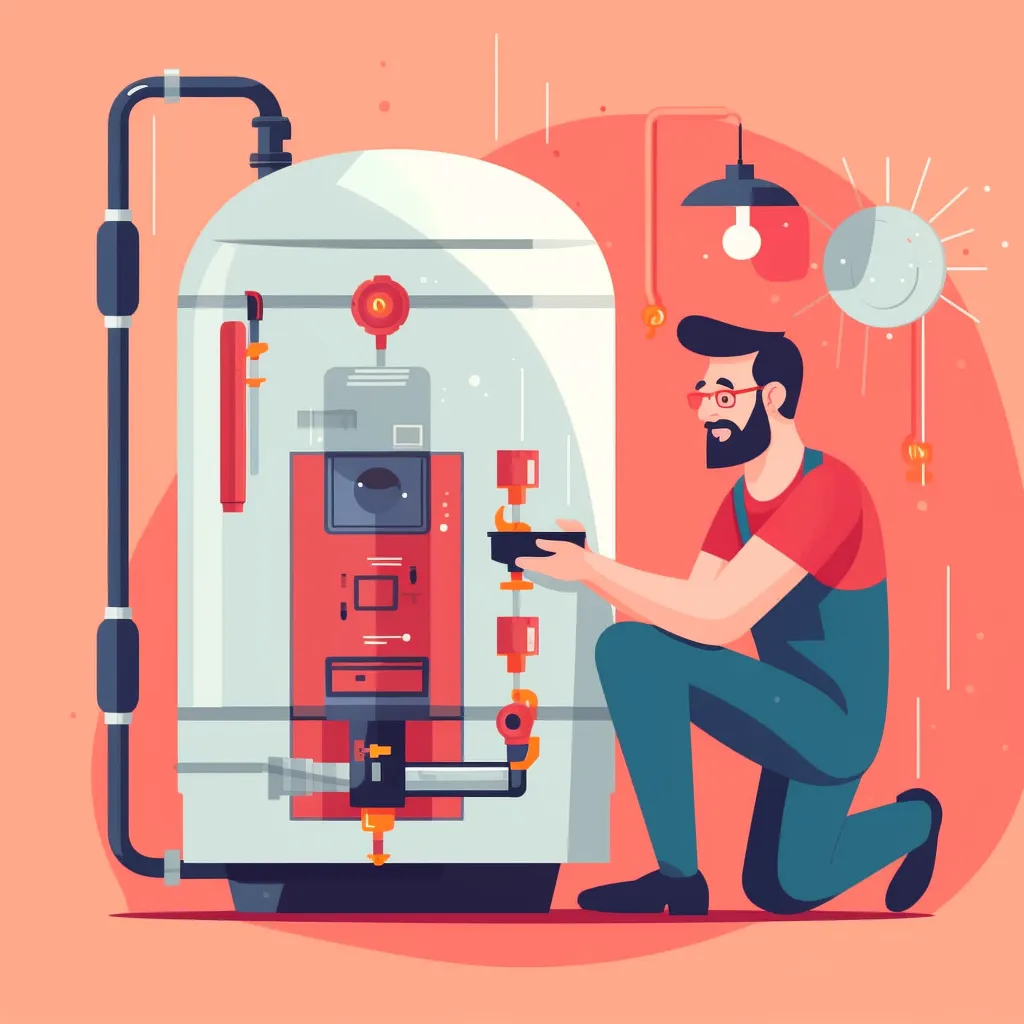
Myth # 8: Cranking up the water temperature is a good idea
Raising the temperature of your water heater may be alluring, but hot water that is too hot can be dangerous and cause severe burns, especially for children and older adults. Additionally, it can cause mineral buildup in pipes and appliances, a troublesome and expensive issue to fix. It's important to note that higher temperatures require more energy consumption, leading to higher utility bills. Carefully consider the possible consequences before increasing your hot water temperature.
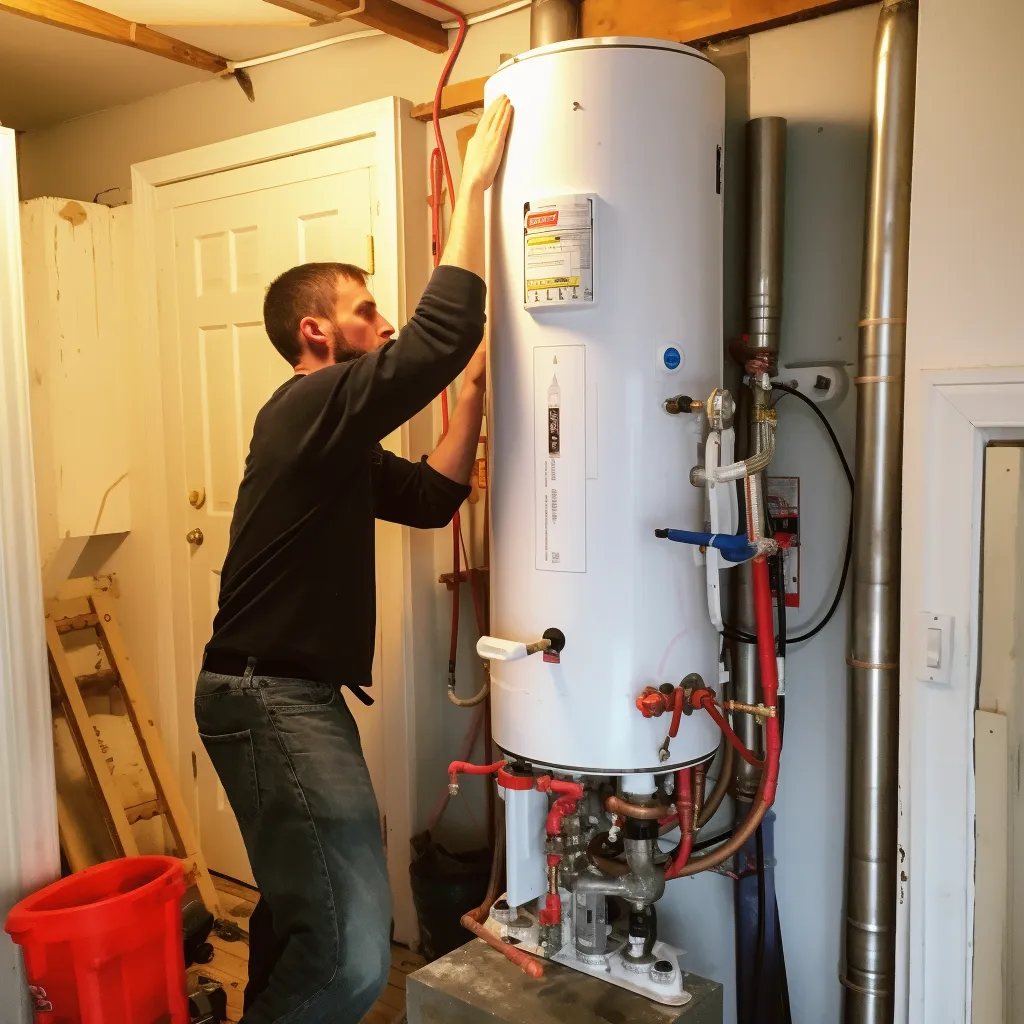
Myth #9: Setting your water heater to the highest temperature
is the way to go
To quickly achieve hot water, it's incorrect to set your water heater to the highest temperature, which wastes energy and can cause dangerous burns. Instead, most households need only to set their water heater to around 120 degrees Fahrenheit, which is both safe and energy-efficient, resulting in lower utility bills. It's crucial to balance temperature and safety since higher temperatures don't necessarily mean better performance.
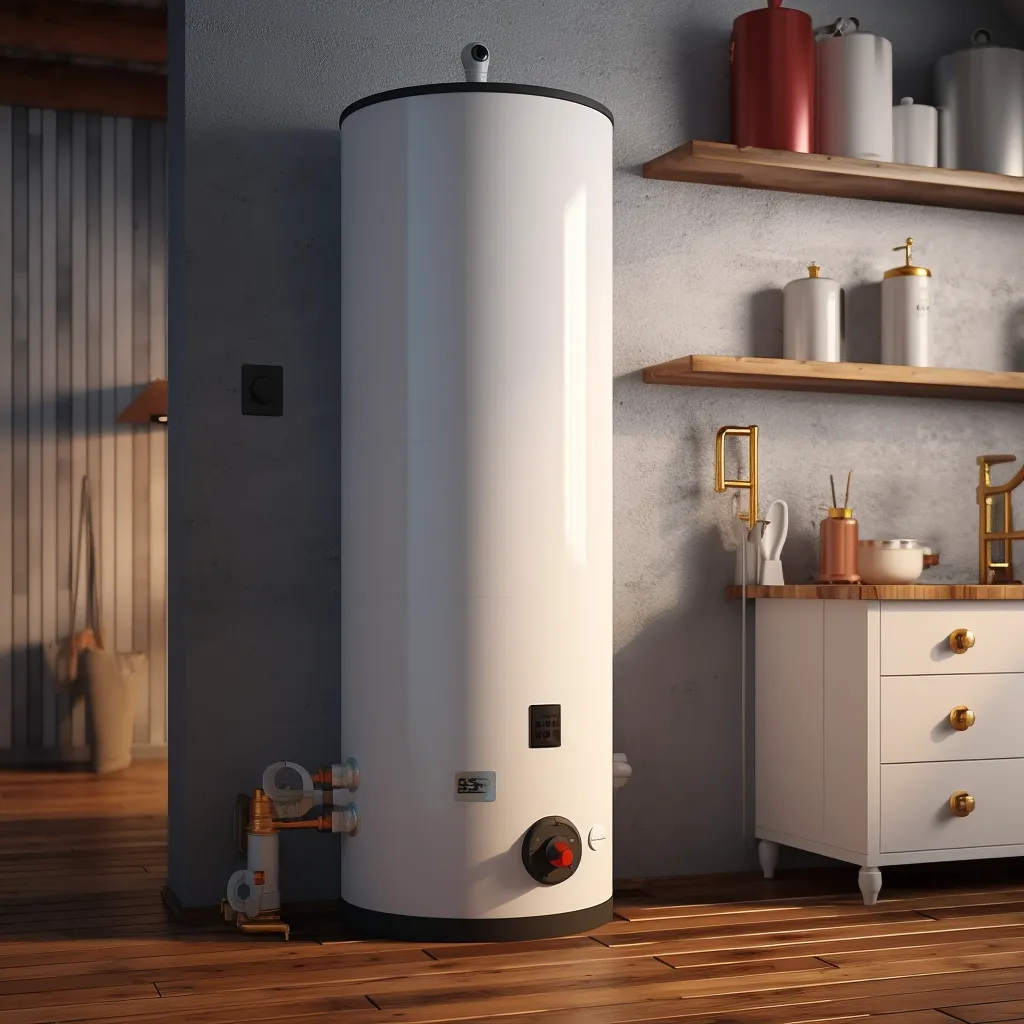
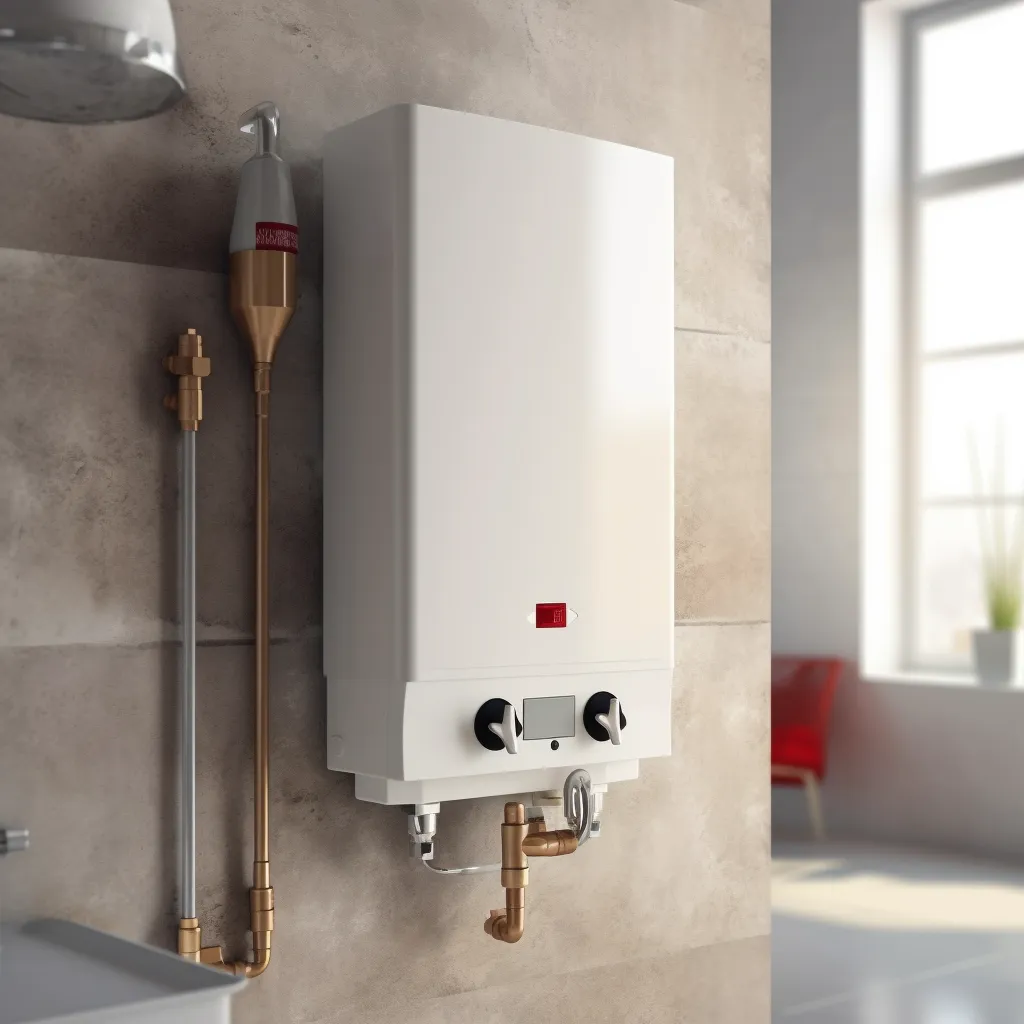
Myth #10: Your water heater wastes energy
Water heaters typically haven't been very efficient, but new models are more technologically advanced than older ones. For instance, tankless water heaters heat water only when necessary, making them more energy-efficient than models that continuously maintain heat in a tank. Furthermore, many water heaters have added features, including insulation to prevent heat loss and timers that heat water only when needed. Therefore, being mindful of your water heater usage is recommended, while also noting that not all models are energy hogs.
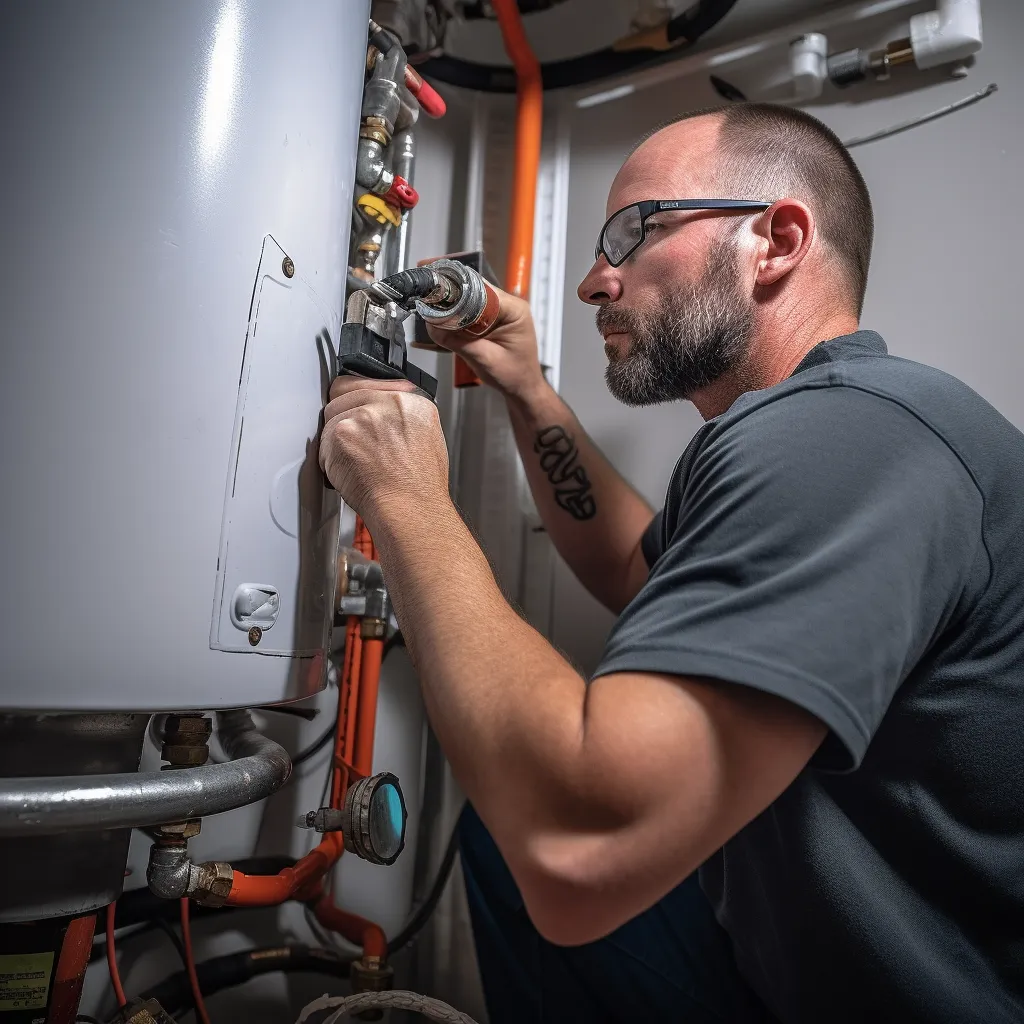
Myth #11: You don't need to regularly maintain
a water heater
Water heaters require regular maintenance to function effectively. Failing to carry out routine upkeep will cause decreased efficiency, leading to expensive repairs or even replacement. To keep your water heater running smoothly, it's crucial to regularly check the pressure release valve, flush the tank to get rid of sediment buildup, and ensure the thermostat is working properly. Contrary to popular belief, water heaters need routine maintenance to avoid malfunctions. Take action to guarantee optimal operation all year round.
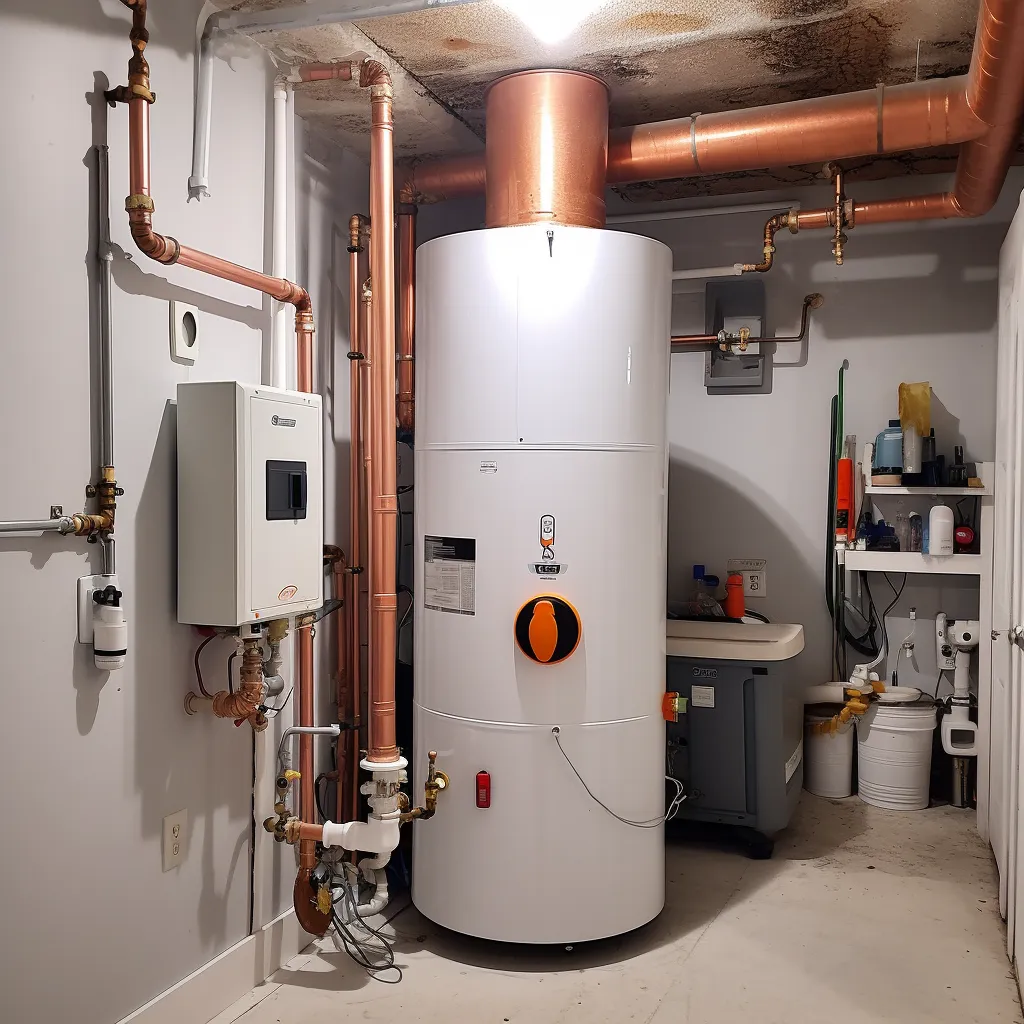
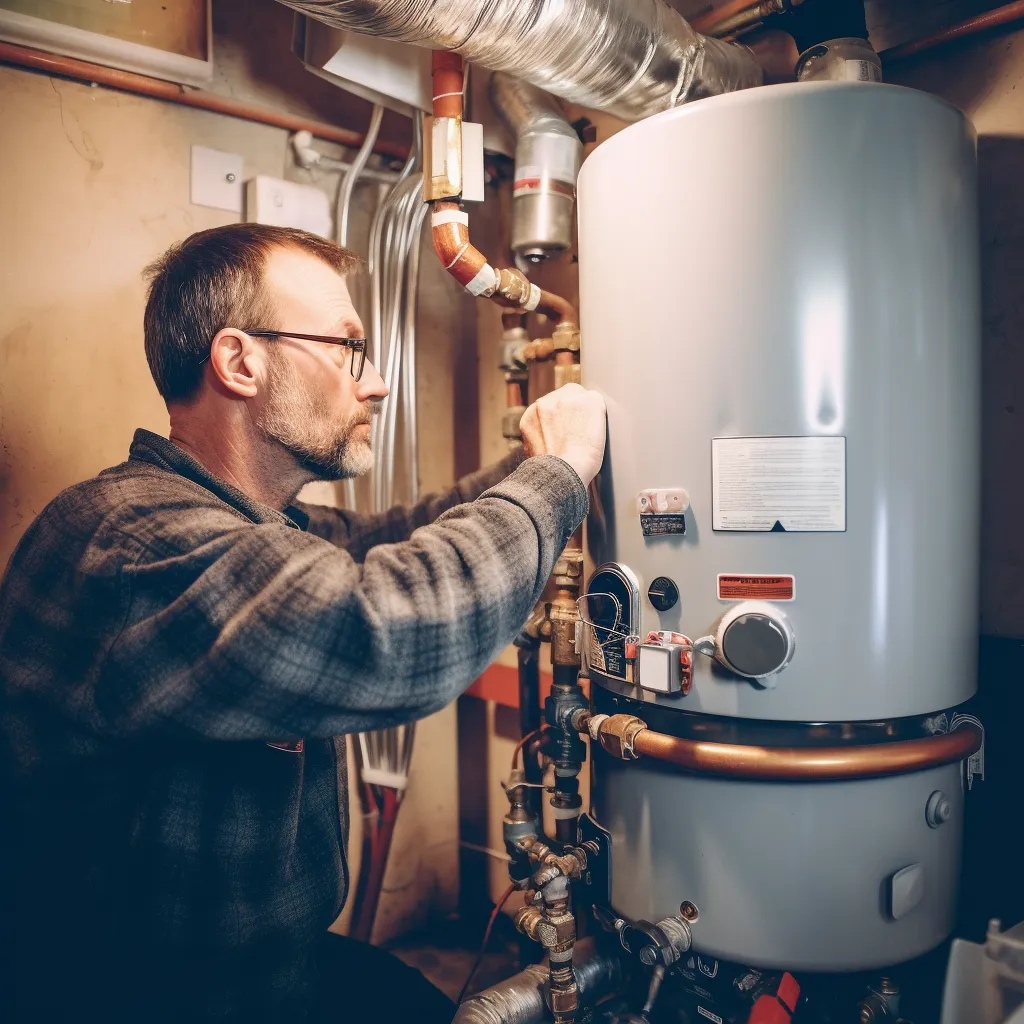
Myth #12: You can use any type of water heater in the home
When selecting a water heater, it's crucial to consider factors such as the size of your family, number of fixtures, and budget. Tankless heaters have varying requirements compared to traditional tank models, so it's necessary to have a professional help identify the system that best suits your needs. Not only will this ensure energy-efficiency, but it will also save you money. Don't be swayed by myths- make an informed choice to keep your household comfortable with the right water heater.
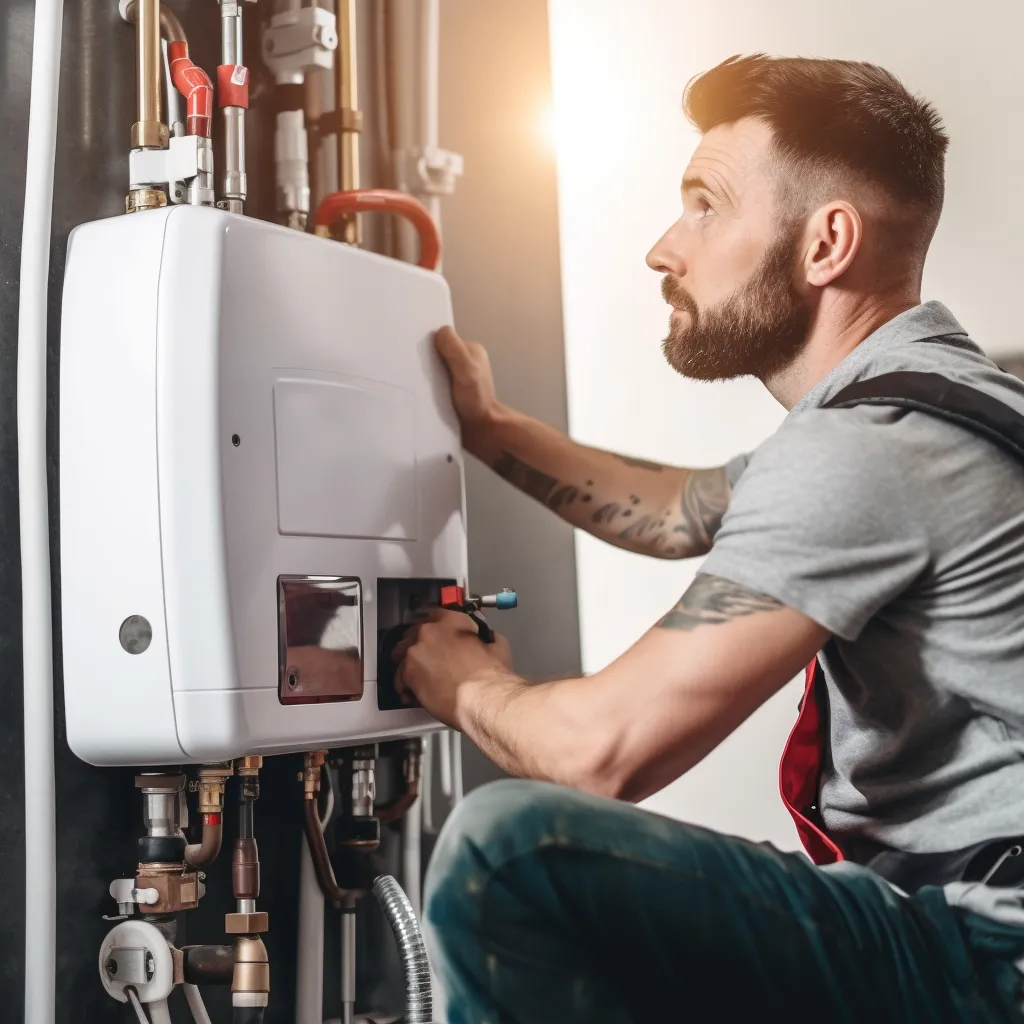
Myth #13: Hard water damages your water heater
Water heaters can operate safely with hard water. In fact, manufacturers test their products using hard water to ensure durability and it doesn't cause significant damage. Although there is a risk of mineral buildup in pipes from hard water, water heaters can handle it. Therefore, using hard water in your area shouldn't be a concern.
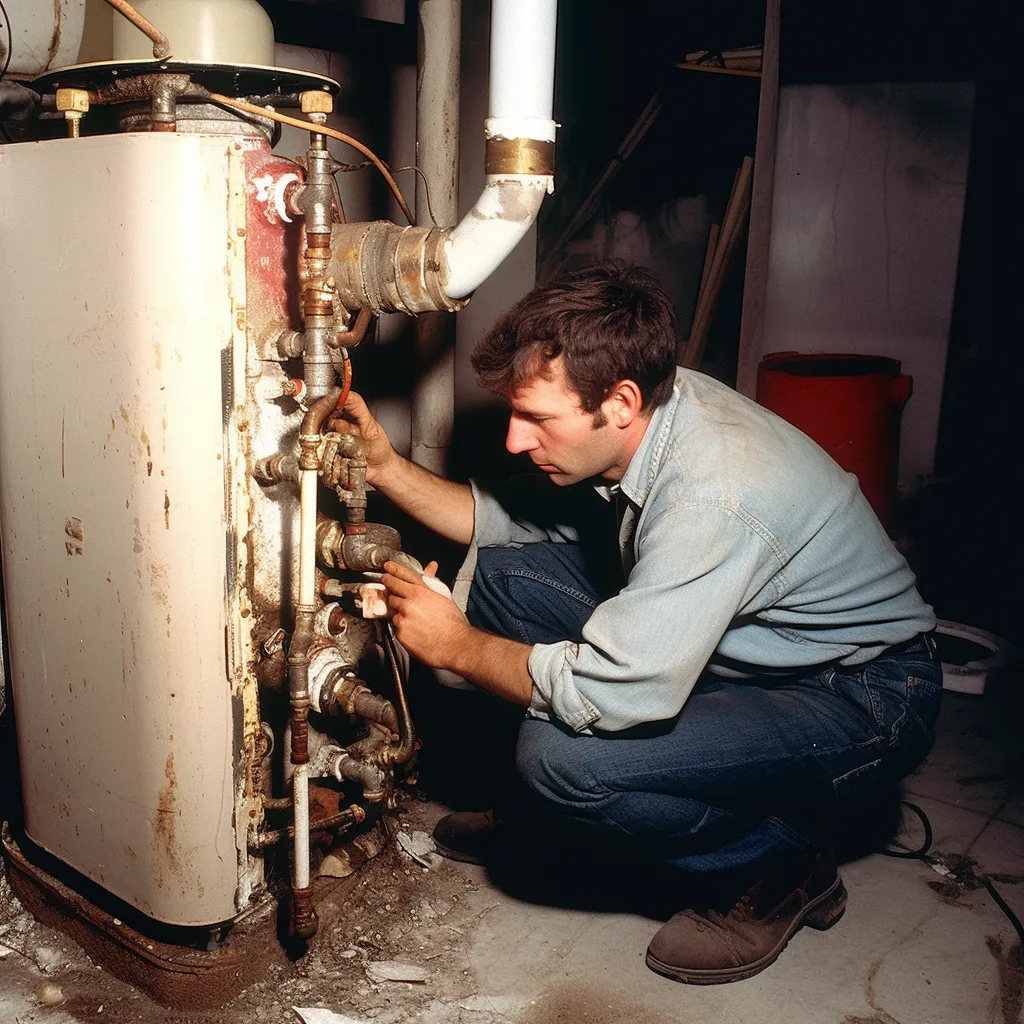
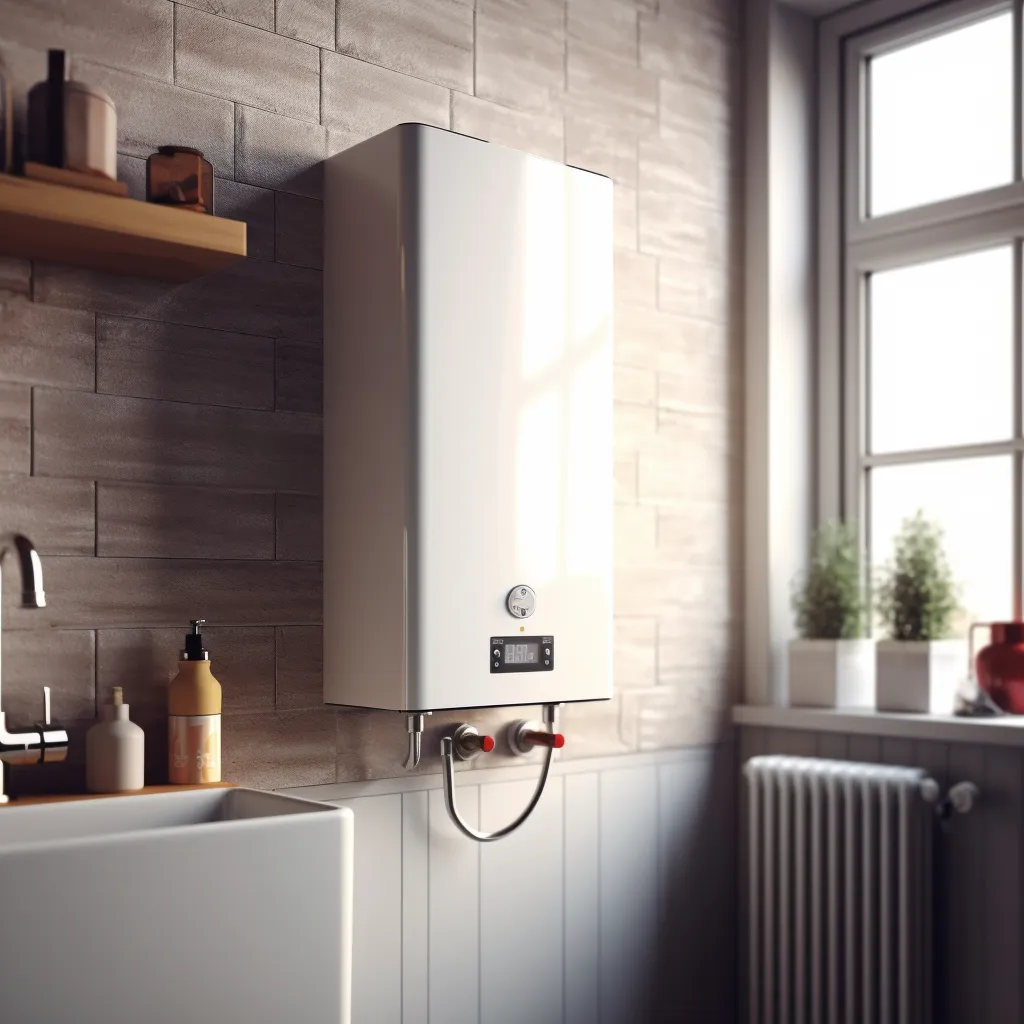
Myth #14: Tankless water heaters are more costly
Tankless water heaters might seem pricier than traditional ones due to the upfront costs. However, they prove to be more eco-friendly and cost-efficient in the long run. Traditional heaters store and heat water continuously, even when not necessary, leading to a loss of energy and greater expenses. In contrast, tankless heaters heat water only when it is required, lowering energy usage and expenses. Not to mention, they tend to have longer lifetimes, requiring less replacement over time. Ultimately, selecting a tankless model is a wise investment for individuals looking for both financial savings and environmental benefits.
Contact Us
GET IN FULL TOUCH
PHONE:+(803) 784-1514
EMAIL:
julio@waterheaterwestcolumbia.com
Merritt Plumbing & Heating
West Columbia, SC 29171
